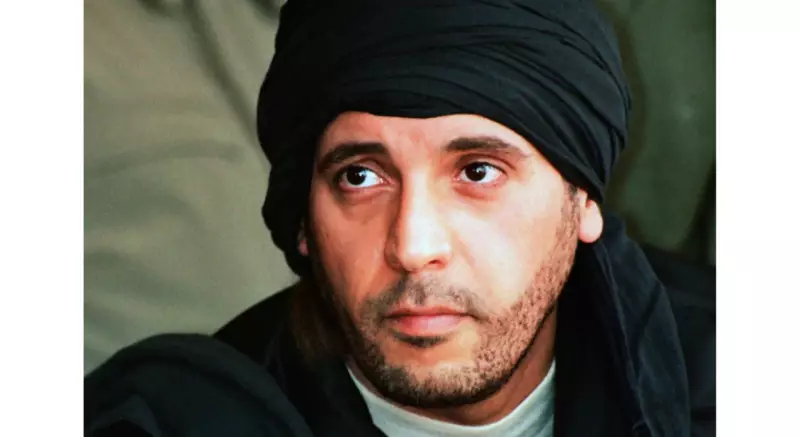
In a significant development that ends a decade-long legal ordeal, Hannibal Gaddafi, the youngest son of former Libyan leader Muammar Gaddafi, has been released from detention in Lebanon. The 49-year-old walked free after nearly ten years in custody without facing trial.
A Decade-Long Ordeal Ends
Hannibal Gaddafi's imprisonment began in 2015 when Lebanese authorities arrested him on charges related to withholding information about the mysterious disappearance of prominent Lebanese Shia cleric Musa al-Sadr. The cleric vanished during a visit to Libya in 1978 under circumstances that remain unclear to this day.
What makes this case particularly unusual is the timeline: when Musa al-Sadr disappeared, Hannibal Gaddafi was merely two years old, raising questions about his actual involvement in the decades-old case. Human rights organizations had repeatedly condemned his prolonged detention as arbitrary and unjust.
The Road to Freedom
Laurent Bayon, Gaddafi's lawyer, confirmed to AFP that his client's release became possible after a bail amount of $900,000 (approximately £683,000) was paid. This represented a significant reduction from the initial bail set at $11 million, which was lowered last week following a successful appeal by Gaddafi's defense team.
"It's the end of a nightmare for him that lasted ten years," Bayon stated, expressing relief at the resolution of the lengthy legal battle. The lawyer also revealed that his client would immediately leave Lebanon for a confidential destination, though the exact location remains undisclosed for security reasons.
Criticism of Lebanon's Justice System
Bayon didn't mince words when criticizing the Lebanese judiciary, directly attributing the prolonged detention to systemic issues within the country's legal framework. "Because the justice system was not independent," he asserted, highlighting what many international observers had noted about the case.
The lawyer's comments underscore the broader concerns about Lebanon's judicial processes and their susceptibility to political pressures, particularly in cases with international dimensions and historical significance.
Gaddafi's journey to detention involved a brief abduction by an armed group in Lebanon in 2015 before being handed over to authorities. This incident added another layer of complexity to an already complicated international case.
Historical Context and Aftermath
Following the overthrow and death of his father during the 2011 Libyan revolution, Hannibal Gaddafi's life took dramatic turns. He initially fled to Syria seeking refuge and later lived under house arrest in Oman with his wife, Aline Skaf.
Before the collapse of his father's regime, Hannibal was known more for his opulent lifestyle and extravagant behavior than for any political involvement. He held no official political role in his father's government, which makes his prolonged detention particularly noteworthy.
The disappearance of Musa al-Sadr has been a persistent source of tension between Lebanon and Libya for over four decades. The cleric's vanishing act continues to influence diplomatic relations between the two nations, with Lebanese Shia communities particularly invested in uncovering the truth about his fate.
Gaddafi's release marks the closing of a controversial chapter in Lebanon's legal history, though the mystery surrounding Musa al-Sadr's disappearance remains unsolved. The case highlights the complex interplay between international relations, historical grievances, and individual rights within legal systems.





